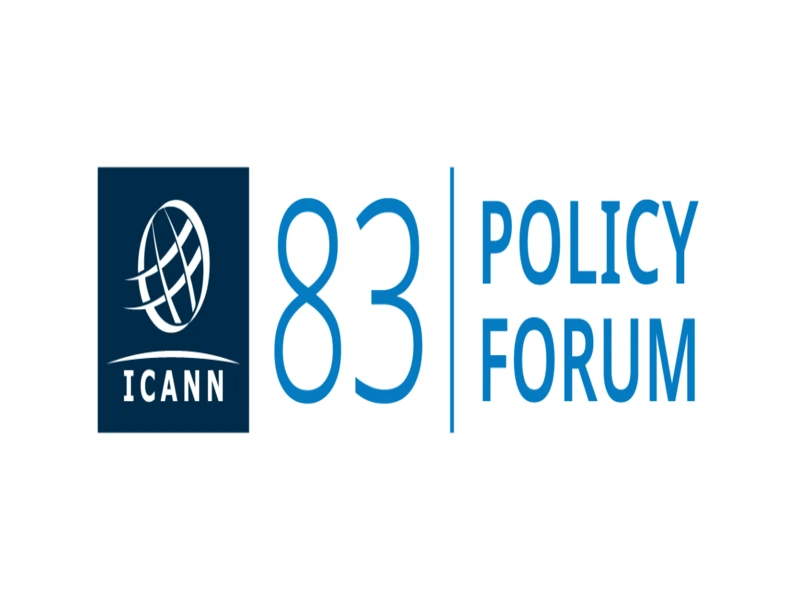- ICANN’s Governmental Advisory Committee releases its communique after the ICANN83 meeting in Istanbul.
- Topics include DNS abuse, data accuracy, and prioritizing human rights in technical policy.
What happened: GAC releases post-ICANN83 recommendations
The Governmental Advisory Committee (GAC) has published its official communique following the ICANN83 meeting held in Istanbul, Turkey. The document outlines key policy concerns from governments and intergovernmental organisations relating to DNS governance, data protection, and human rights. The GAC reaffirmed its support for strengthening DNS abuse mitigation, stating that law enforcement engagement and private-sector accountability remain critical.
The GAC raised concerns about the effectiveness of the Registration Data Request Service (RDRS) and the overall accuracy of WHOIS data. It also issued public policy advice to the ICANN Board on prioritising the human rights impact of domain name system policies. Further, the communique urges ICANN to maintain transparency and inclusivity when implementing New gTLD processes, with specific interest in ensuring participation from Global South stakeholders. The committee included 112 governments and IGOs in its deliberations.
Also read: ICANN83 in Prague: Growing pressures on internet governance
Also read: ICANN83 fellowship recipients announced
Why it’s important
The GAC’s communique signals increasing pressure from governments for ICANN to act more decisively on issues like DNS abuse, which affects both cybersecurity and trust in the Internet’s infrastructure. DNS abuse includes phishing, malware distribution, and botnet control via domain names. Countries are urging ICANN to go beyond technical stewardship and adopt stronger accountability measures. This aligns with wider calls from actors such as the European Commission and ITU for improved Internet safety standards.
The GAC’s emphasis on WHOIS data accuracy reflects tension between data protection rules like GDPR and the need for transparent domain registration data. Its call to integrate human rights frameworks into technical policy continues a trend seen in recent civil society-led initiatives. By urging more regional inclusion, especially from underrepresented regions, the GAC seeks to broaden the legitimacy of ICANN processes. This stance may shape the pace and direction of future gTLD expansions, and ICANN’s long-standing multistakeholder model may face challenges balancing national interests with decentralised governance principles.

